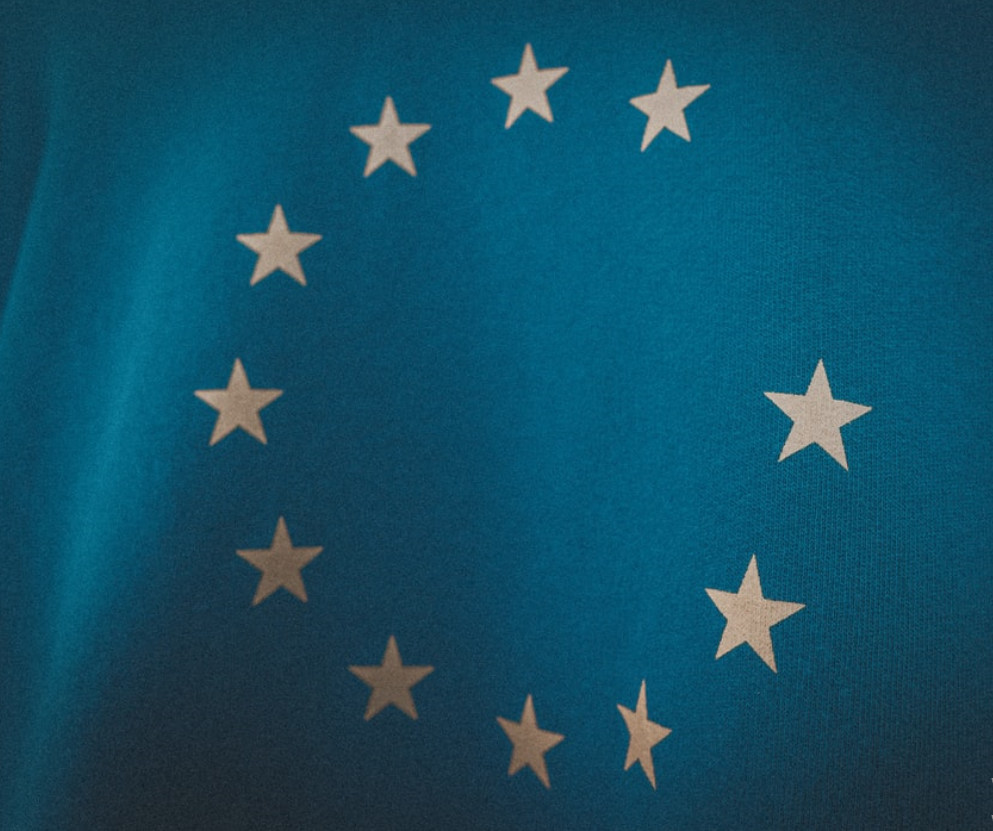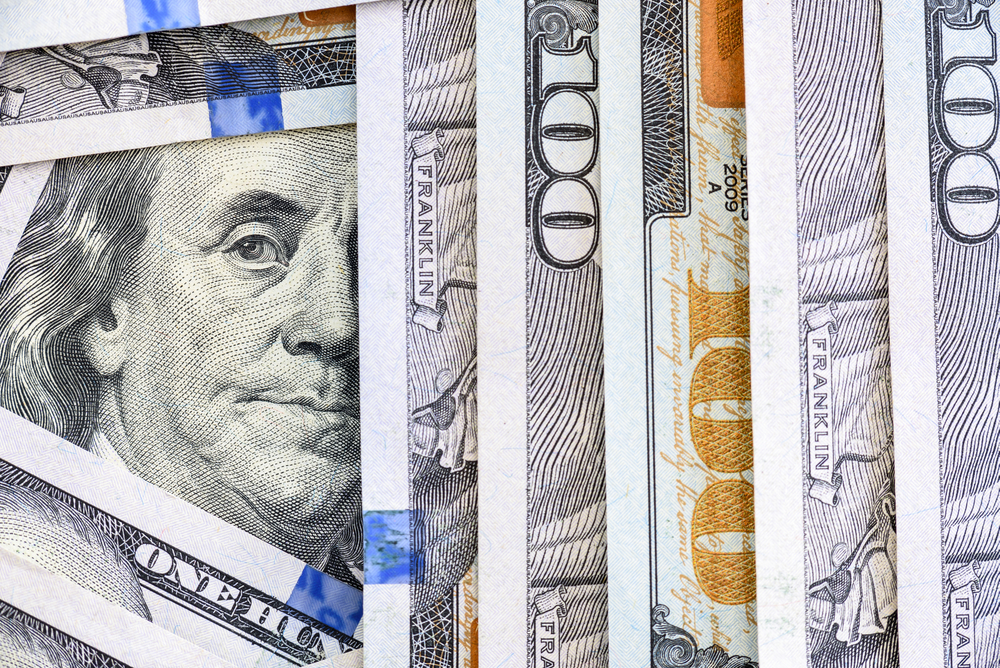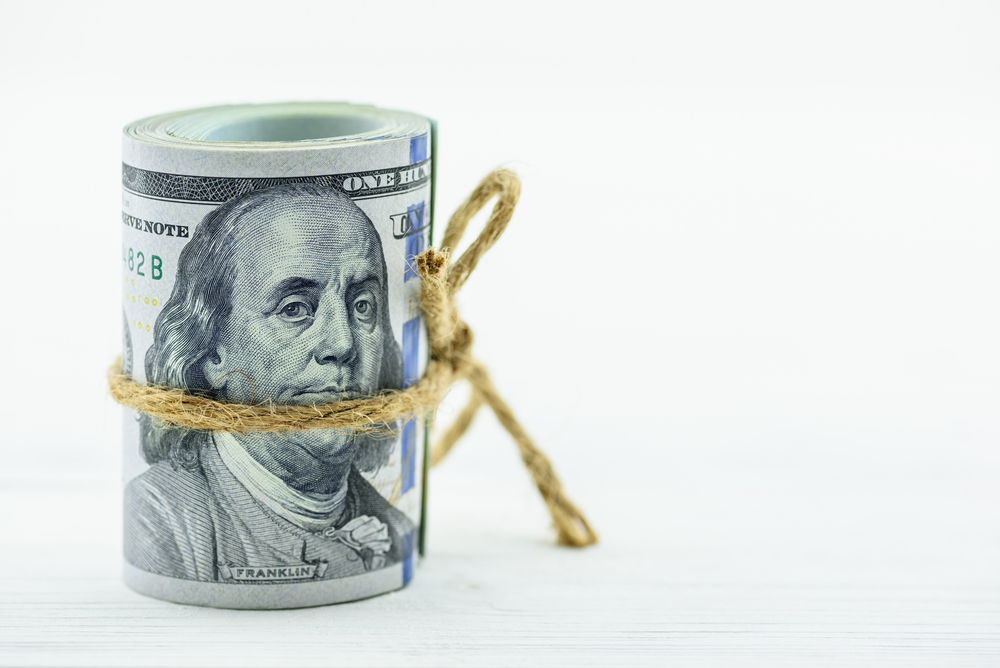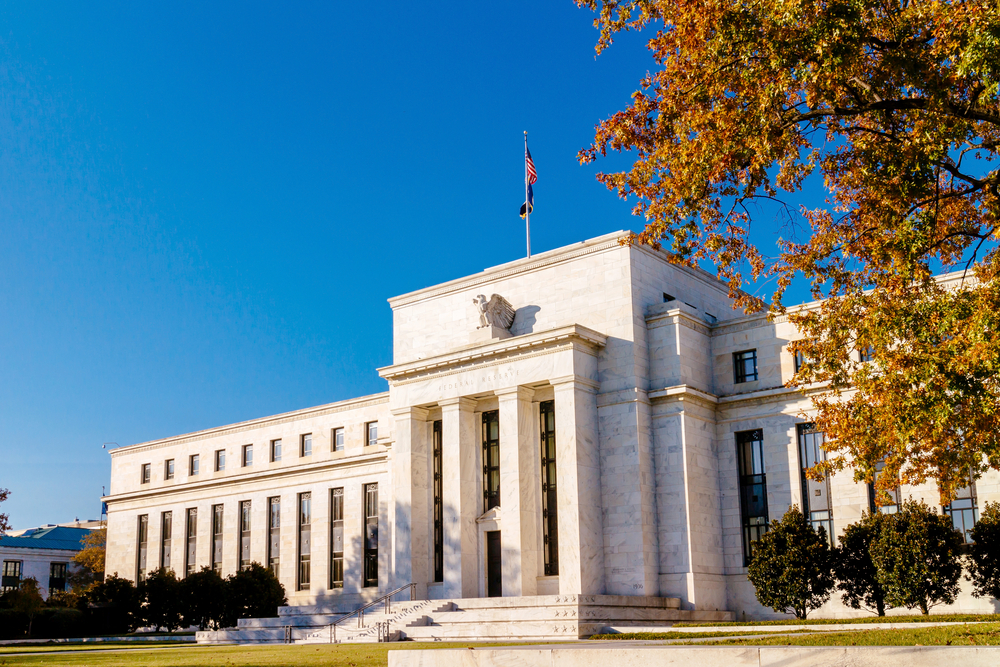Northern Ireland Protocol or the Irish Backstop
EU and UK came to an end in long and frustrating Brexit negotiations in the last days of 2020. In the shadow of this situation, due to the problems of negotiations between the parties, an protocol named Northern Ireland Protocol was signed by the United Kingdom and the EU after the UK removed the controversial clauses from the protocol. However, as Biontech&Pfizer and Oxford&AstraZeneca announced that they will partially cut distribution of vaccines developed against the Novel Coronavirus outbreak, EU implemented export controls. After that, the EU implemented Article 16 of the Irish Protocol and introduced border controls on vaccines with export quotas.
It was noted that this Protocol, signed on December 8 after long negotiations between the European Union and the UK, covered border controls on animal and plant products, distribution of medicines, and other food and beverages. The tension between the EU's vaccine suppliers in the weeks that followed paved the way for new talks between the parties on the grounds of violating Article 16 of the signed Protocol.
The European Union wanted to enact the Northern Ireland Protocol as part of its Brexit trade deal to ensure that vaccines developed against the outbreak would not go to the UK. In this direction, the EU implemented a protocol by drawing a sharp border between Ireland and Northern Ireland, which is a member of the EU, increasing customs controls in the region, creating a food supply problem. The British Prime Minister Spokesperson stated that security problems have arisen due to customs problems derived from the Northern Ireland Protocol and that it is a threat to the safety of workers working in ports. In addition, he said the safety of those working at the ports was important to them.
Also, Prime Minister Boris Johnson signalled his commitment to Northern Ireland, saying they will do everything they can to ensure trade continues. In addition, UK Cabinet Minister Michael Gove sent a letter to EU Deputy Commissioner Maros Sefcovic over the food supply issue between Ireland and Northern Ireland, calling for the control to be abolished until 2023. But Sefcovic rejected that offer of Gove. In addition, Irish Foreign Minister Simon Coveney said that there were sharp problems with the Northern Ireland Protocol and recommended that it be resolved urgently.
Upon the Prime Minister's Spokesperson's statement that they wanted to resolve the problems regarding the Northern Ireland Protocol as soon as possible, the Vice President of the European Commission, Valdis Dombrovskis, stated that there is no plan for them to bring up issues such as export prohibition or export restrictions and stated that transparency of deliveries should be handled first.
Britain, which faced obvious risks after Brexit, will not want tensions to take on a different dimension probably. In this context, in addition to the fact that British diplomats want border controls to be eliminated, the statements of EU Deputy Commissioner Valdis Dombrovskis are supportive. And EU, which is concerned about the tensions in the supply of vaccines, can bend Article 16 of the Protocol, provided that the problem about supplying vaccines will not be repeated again.





